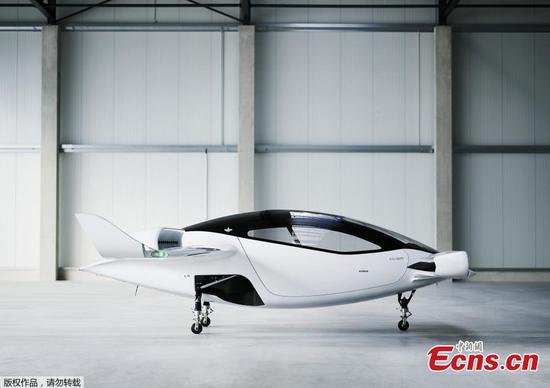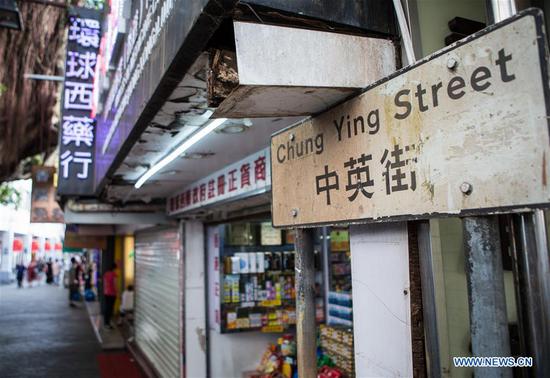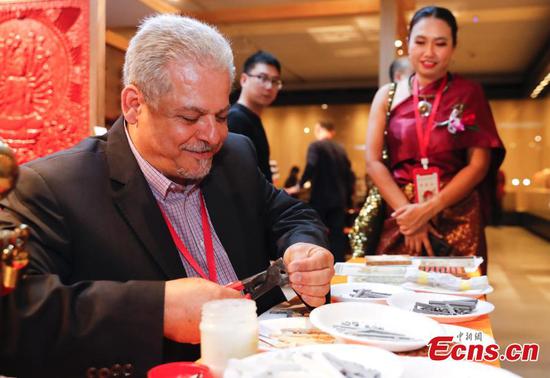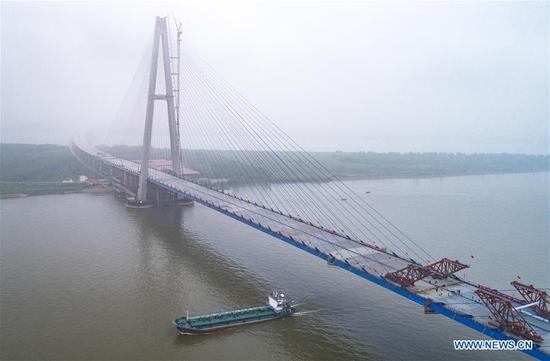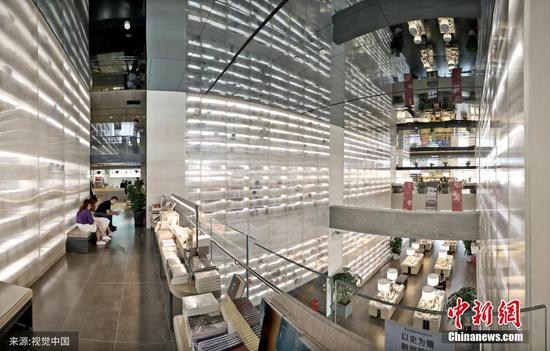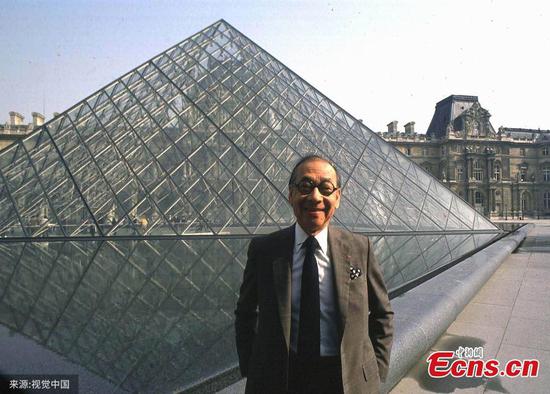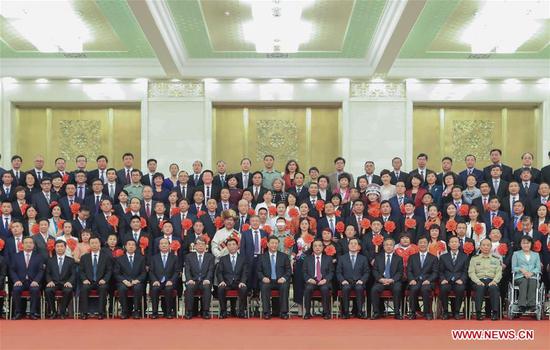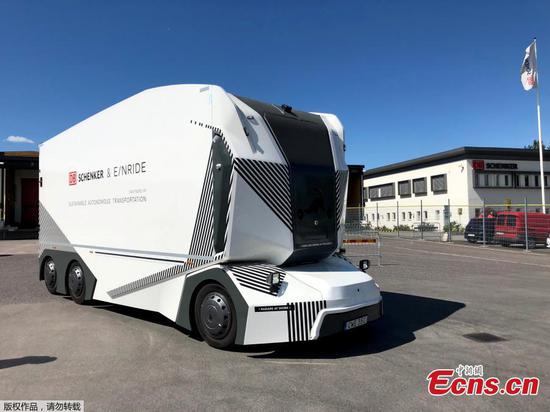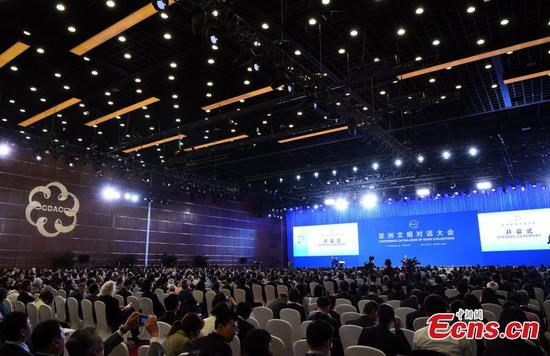Latest:
The U.S. Commerce Department will allow Huawei Technologies Co Ltd to purchase American-made goods in order to maintain existing networks and provide software updates to existing Huawei handsets.
The roll back is in effect for 90 days.
Beijing backs company's stance after Google confirms access restrictions
Huawei Technologies Co said on Monday that it will continue to provide security updates and after-sales services for all its smartphone and tablet products, covering those that have been sold and that are in stock globally.
The announcement came after Google announced on Monday that it has restricted Huawei's access to updates of its Android operating system and some mobile services in compliance with U.S. government curbs on the Chinese tech company.
Huawei said in a statement that "as one of Android's key global partners, we have worked closely with their open-source platform to develop an ecosystem that has benefited both users and the industry.
"We will continue to build a safe and sustainable software ecosystem, in order to provide the best experience for all users globally," the company said.
Responding to Google's partial suspension of its business with Huawei, Foreign Ministry spokesman Lu Kang said on Monday: "We will keep a close eye on the issue. China supports Chinese enterprises' defense of their legitimate rights through legal means."
Google's move was made in compliance with the order issued by the U.S. Commerce Department that banned Huawei from buying any U.S. technologies without special government approval. The U.S. claims that Huawei poses risks to its national security, an accusation that Huawei said was unfounded.
Google said the next version of Huawei's smartphones outside China would lose access to popular applications and services including the Google Play store and the Gmail app, but Google Play and security features of Google Play Protect would continue on existing Huawei devices.
Huawei devices can also access the version of the Android operating system available through the open source license that is free to anyone who wishes to use it, Google added.
Wang Yanhui, secretary-general of the Mobile China Alliance, an association of Chinese smartphone vendors, said the move will have a limited impact on Huawei's current smartphone users, but added that "it will pose a challenge to Huawei's overseas smartphone business if the issue cannot be properly addressed in time".
"Moreover, the move gives global smartphone vendors a warning that they must have alternatives to the Android operating system, which may threaten Google's dominance in the area," Wang added.
As the world's second-largest smartphone vendor, Huawei shipped more than 200 million handsets globally last year, with half of those destined for overseas markets.
In March, Yu Chengdong, CEO of Huawei's consumer business group, said the company had prepared a self-developed mobile operating system to deal with such a worst-case scenario.
In addition to the software challenge posed by Google, U.S. chipmakers including Qualcomm Inc and Intel Corp are also said to have stopped supplying products to Huawei, Bloomberg reported. The companies' representatives did not immediately comment on the report.
Jia Mo, an analyst at Singapore-based market research company Canalys, said the U.S. ban could hurt U.S. companies that increasingly rely on the China market for growth.
Some U.S. semiconductor companies, like Qorvo, get up to about 10 percent of their revenue from Huawei, according to a report by financial services company Credit Suisse.
Zhou Jin contributed to this story.















